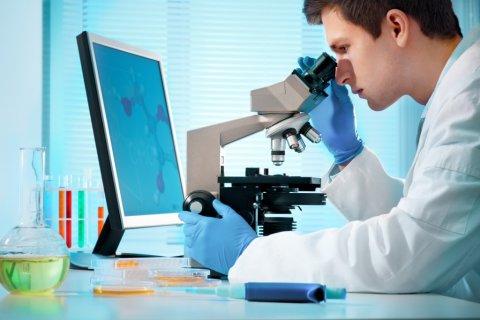The project dedicated to the creation of laboratories at SUSU under the leadership of authoritative international specialists, has reached a new level.
As part of the first meeting of the International Science Council, held at SUSU October 10th-13th, 2016, its participants chose eight candidates for head of the innovative laboratories which are planned to open at the university soon.
The laboratory of technical self-diagnostics and self-management for devices and systems will be led by Henry Manus Patrick (Great Britain, h-Index 12). The laboratory will lead research in electrical engineering, informational technology, mechanics, and mechanical engineering.
Artyom Eduardovich Masunov (USA, h-Index 30) is invited to the multiscale, multifunctional compounds. The laboratory’s area of research is tied to the development of increased efficiency for optically active materials using multiscale simulation of the characteristics and directed modifications of molecular crystal structures using a strategy called “Extended structural model – substance -improved material characteristics.”
Jeffrey Frank Sahadeo (h-index – 49) from Canada will lead the laboratory of migration research as a foreign expert. The main area of work for this laboratory is history and archeology.
Wolfgang Haase from Germany (h-index 49) will head the laboratory of molecular electronics. In this division, they plan to study the nanostructure, mesophase materials for solar batteries and hybrid spatial-temporal modulators for optical radiation.
The newest research in agricultural biotechnology will be led in the laboratory of synthesis and analysis of food materials. The laboratory will be led by Shirish Sonawane (India, h-index -21). Philip Bertran (France, h-index – 9) is invited to be the head of the laboratory of mechanical engineering, laser processes and digital production technologies (area of research – mechanical engineering and machine building).
Licino Julio from Australia (h-index – 54) will be overseeing the work of the laboratory of neuropathology as its leader (area of research – fundamental medicine). Andrey Nikolaevich Chernykh (Mexico, h-index – 9) will lead the laboratory of scientific workflow, which will be developing methods for artificial-intelligence based, multicriteria planning for scientific workflows aimed at the processing of large amounts of data in the cloud.
The M.1.4.2 project, “Organize flexible, creative collectives in agreement with the FTS by attracting leading world scientists to perform advanced research” was launched at SUSU as part of the Project 5-100 Road Map.
Per results of the Council’s decision on developing laboratories, the world-renowned leading scientists will be allocated funds from the Project 5-100 subsidies.
Opening world-class laboratories in prospective areas of development will enable SUSU to increase its position in global university ratings and increase our university’s reputation in the international academic society.




